Research by Ema Montfajon, Filippo Trifone, Greta Zocchi, Jula Gekle and Maya Ben Abdelkader | Bachelor Students from ESCP Business School | Edited by Komoneed
Environmental Impact of CSDs on the DACH Market
The largest manufacturers of carbonated soft drinks are multinational giants and as such have an impact on the environment.
This research aims to investigate the environmental impact by examining the value chains of some of the largest manufacturers in the carbonated soft drink market on the DACH market.

This research analysed the environmental impact of the major CSDs brands mentioned before by measuring it along their value chains. From raw materials to sales, the stages of the production process were examined, based on Michael Porter’s Value Chain framework.
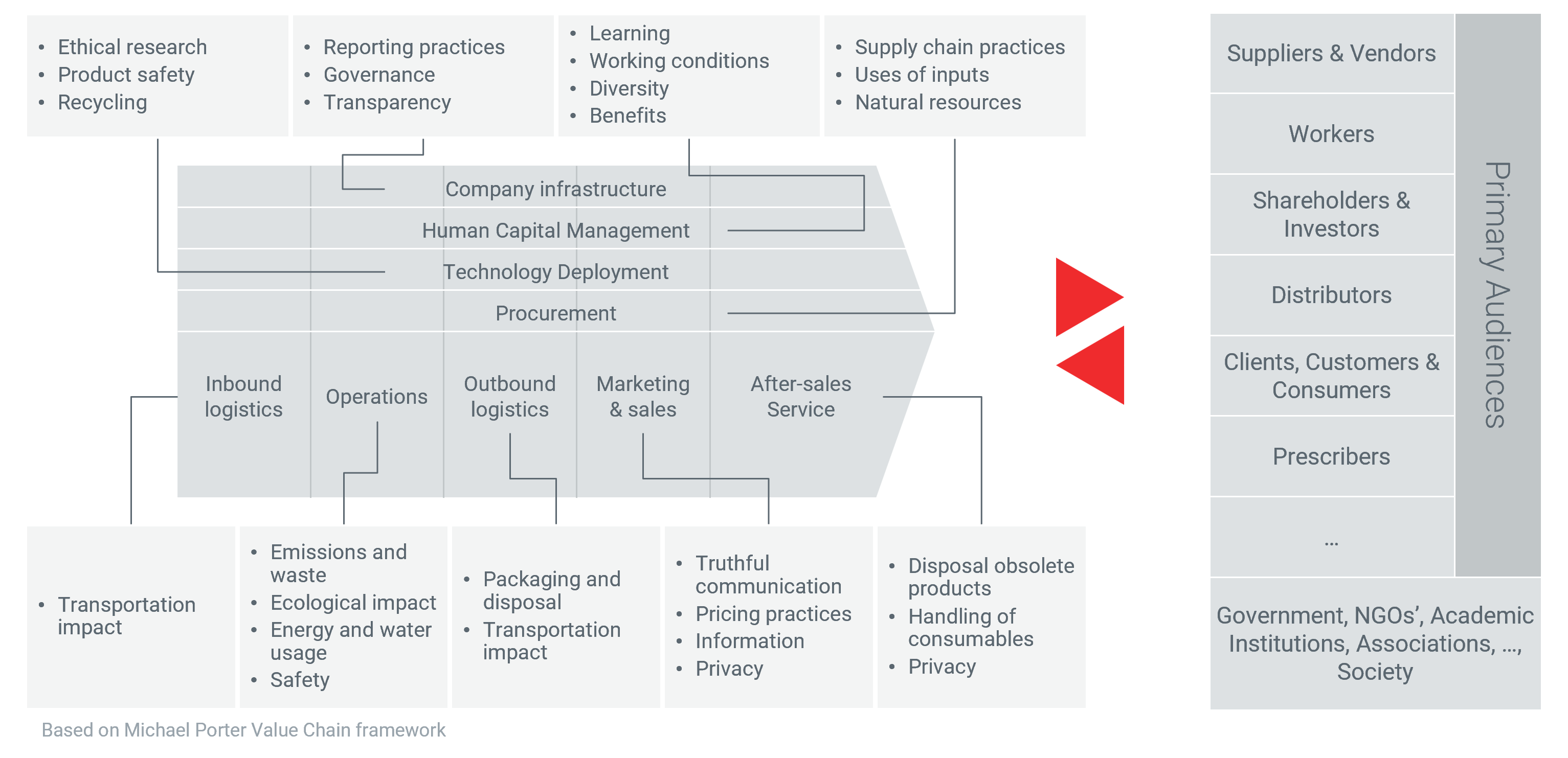
Students from ESCP Business School -BSc Programme- have conducted the study of the value chains of Coca-Cola, Pepsi, Orangina, and Dr Pepper, analysing their various production stages such as resource acquisition, material sourcing, and other processes involved. Through this analysis we have gained a comprehensive insight into these companies’ operations.
How Do Major CSD Brands Impact the Environment?
The research is split into four relevant articles to introduce the different examined companies, explaining the general value chain used for these brands, and finally present the research results for each company along that model.
The CSD market for sweet, non-alcoholic, effervescent beverages has compounded a positive CAGR since 2015, with an estimated market value of $12.38b in 2020, which is expected to rise to $16.46b by 2025.
- Coca-Cola and PepsiCo alongside with Dr Pepper, relevantly contribute to these figures as they are the biggest players in the region. Hence, this report will explore these three companies.
- Additionally, Orangina will be investigated, being a popular soft drink in Germany (Rønneberg, 2023).
In the DACH market, CSDs are popular and widely consumed, particularly in Germany, which is the largest market for soft drinks in Europe.
The aim of the research was to highlight the measures these firms have taken to promote environmental protection and sustainability within their operations. Notwithstanding the above, the study critically analysed each company’s value chain to identify areas where they can improve their approach to environmental issues such as minimising their carbon footprint or supporting sustainable development.
Coca-Cola
Coca-Cola was founded in Atlanta, USA in 1886 and is by far the most consumed soft drink over the world. The brand is successful worldwide and there are only two countries where it is not available in: Cuba and North Korea, both due to political situations. The Company’s net worth is $282b today, with a projected net revenue of $11.1b -October 2022.
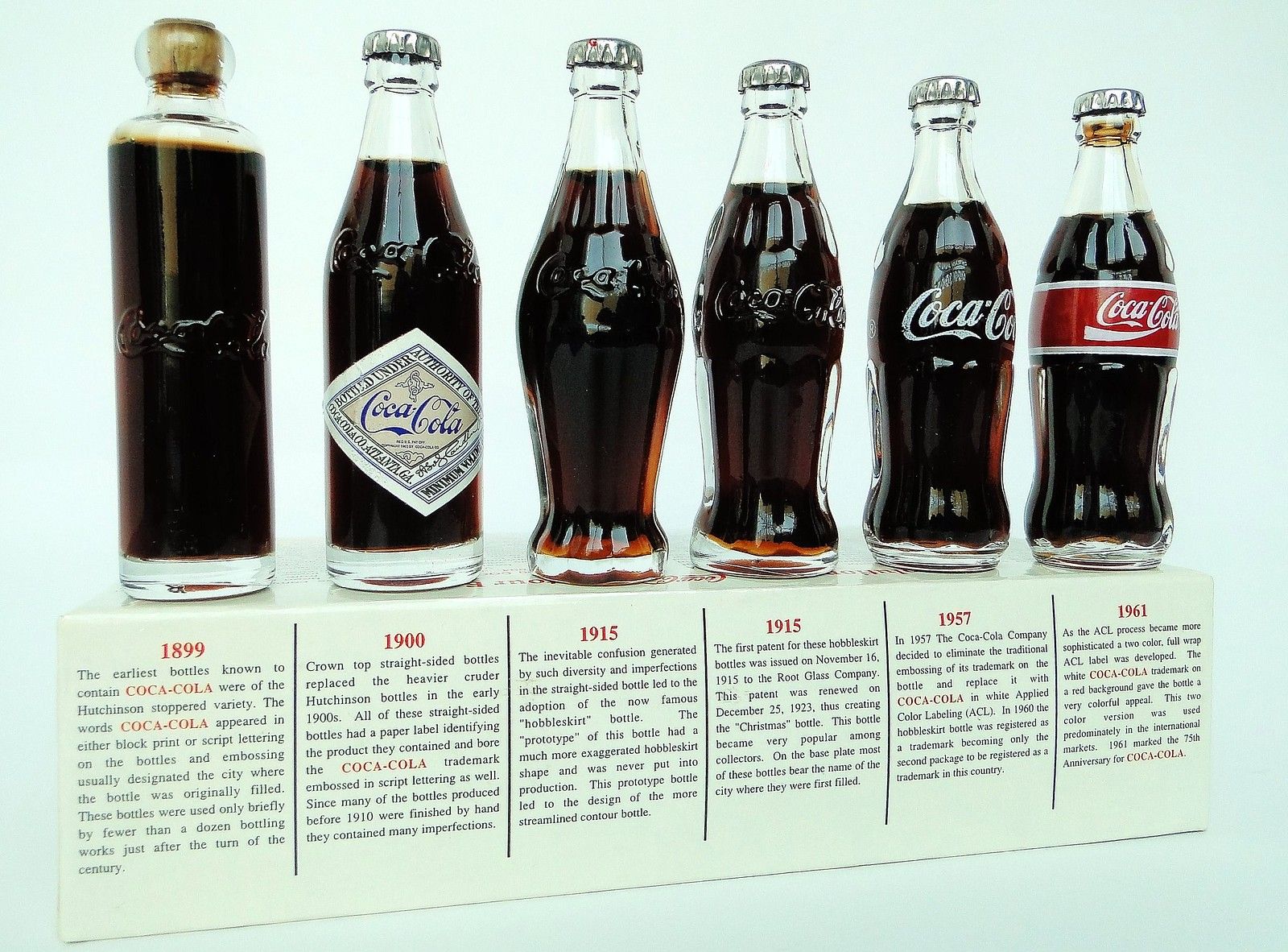
Its product line counts more than 2,800 different SKUs split in more than 500 brands reaching a global audience and adapting to each market need. In the DACH carbonated soft drinks market it’s estimated to generate $14.81b in 2023.
Pepsi
Pepsi is a carbonated soft drink that is owned by PepsiCo, Inc., one of the largest food and beverage companies in the world. The brand was first created in 1893 by Caleb Bradham -trademarked in 1903.
The original formula for Pepsi-Cola included kola nuts, vanilla, and rare oils, among other ingredients. Today, the brand offers a wide range of products, including Pepsi, Diet Pepsi, and Pepsi Max, as well as flavours like Cherry, Lime, and Wild Cherry.
The brand is known for its iconic logo, advertising campaigns, and sponsorships of major events and sports teams. It is estimated to be worth $166b in November 2021. The company has a strong marketing strategy in place to promote its products in the DACH market.
Orangina
Orangina was developed in 1933 by a Spanish chemist named Augustin Trigo, originally called Naranjina. It was then marketed in Europe, but due to World War II, was unsuccessful. It was only in 1951 that Jean-Claude Beton introduced Orangina’s signature bottle to Europe which became the brand’s symbol.
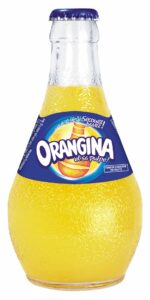
In 2000, the brand was acquired by Cadbury Schweppes, and since 2009 Orangina is owned by the Suntory Group.
Orangina has significantly less influence and revenue than the Coca-Cola group. However, Orangina is very popular in Germany, France, and Switzerland. Orangina is considered a leader among the fruit soft drink companies with 20.2% of the Swiss market share in 2019 (Orangina, 2022).
Dr Pepper
Dr Pepper is the name of the carbonated soft drink first made in Texas (1985) by the pharmacist Charles Alderton. Marketed only in the USA since the early 20th century, today Dr Pepper is available worldwide. As with many soft drinks, Dr Pepper was advertised as an energizer and can now be found in a variety of versions including diet, caffeine free, cherry, cream soda, and several more. The exact ingredients are unknown and considered a “secret recipe”. However, Dr Pepper’s known ingredients include high-fructose corn syrup, caramel colour, caffeine, and others.
To examine the value chain, one must first understand the history and ownership of the company. The Artesian Mfg. & Bottling Company -later Dr Pepper company- was established in 1891.
Dr Pepper is now owned by Keurig Dr Pepper -KDP, a beverage company formed by the merger of Keurig Green Mountain and Dr Pepper Snapple Group in 2018. (“Biggest Coffee Companies in the World – Brewed to Perfection”) KDP is a publicly traded company, with shares listed on the New York Stock Exchange. The company is headquartered in Burlington, Massachusetts and has operations in North America, Europe, and Asia.
Overall Considerations
Carbonated Soft Drink manufacturers have an impact on the environment. While the companies have the largest impact on the USA, the production and distribution in the DACH market shares many of the same processes and therefore, aspects to be considered.
The companies share similar issues in respect to their value chains when manufacturing and distributing CSDs:
- Packaging waste
- Water use
- Carbon emissions
Due to the recent growing importance of eco-friendliness companies across the globe, all major companies have been fighting the battle of a public green image.
The researched companies share the goals of improving recycling rates, reducing their CO2 footprint, and reducing water use. Partnerships with environmentally considered ‘green’ companies is another common initiative.
Whether all the promises will be fulfilled is hard to tell, as many of their own deadlines lie in the far future and are worded vaguely.
It is important to note that the environmental impact remains a significant concern. Moreover, it is common for these companies to resort to ‘greenwashing,’ the practice of hiding their impact behind initiatives that appear to be environmentally responsible.
For example, some companies may use biodegradable or recycled packaging materials, but they continue to produce many plastic bottles that end up in landfills. While such initiatives may appear to be environmentally friendly, they may not have a significant impact on the overall sustainability of the company’s operations.
Therefore, we can see that there is a need for CSD companies to take more vigorous and effective measures towards sustainability. They should be sincere about their environmental impact and adopt genuine sustainable practices that minimize their impact.
Only if they take tangible and effective steps towards sustainability will they be considered “green”.
Everyone matters. Being environmentally friendly in our globalized world may be difficult for many individuals, however, everyone has an impact.
Sources
- Coca-Cola HBC (2019). Supply Chain. Coca-Cola HBC. Available at: https://www.coca-colahellenic.com/en/about-us/what-we-do/supply-chain
- Companies History (2021). Keurig Dr Pepper. CompaniesHistory.com – The largest companies and brands in the world. Available at: https://www.companieshistory.com/keurig-dr-pepper
- DigiSchool commerce. (n.d.). Pepsi: Etudes, Analyses Marketing et Communication de Pepsi. Available at: https://www.marketing-etudiant.fr/marques/pepsi-marketing.html#:~:text=Pour%20se%20rapprocher%20de%20sa
- Fanta-Orangina blog. (2012). Communication strategy. Available at: https://fanora.wordpress.com/customer-insight/communication-strategy [Accessed 6 Apr. 2023].
- Harvard School of Public Health (2019). Sugary Drinks. The Nutrition Source. Available at: https://www.hsph.harvard.edu/nutritionsource/healthy-drinks/sugary-drinks
- Holbrook, E. (2022). Keurig Dr Pepper to Achieve Net Positive Water Impact by 2050. (“Keurig Dr Pepper to Achieve Net Positive Water Impact by 2050 …”) Environment + Energy Leader. Available at: https://www.environmentalleader.com/2022/03/keurig-dr-pepper-to-achieve-net-positive-water-impact-by-2050 [Accessed 23 Mar. 2023].
- ltd, R. and M. (2021). Carbonates (Soft Drinks) Market in Germany – Outlook to 2025; Market Size, Growth and Forecast Analytics. (“Carbonates (Soft Drinks) Market in Germany – Outlook to 2025; Market …”) www.researchandmarkets.com. Available at: https://www.researchandmarkets.com/reports/5517761/carbonates-soft-drinks-market-in-germany [Accessed 23.Mar. 2023].
- Jones, P. and Comfort, D. (2018). THE COCA-COLA BRAND AND SUSTAINABILITY. “The Business School, University of Gloucestershire, The Park, Cheltenham, United Kingdom.” (“The Coca Cola Brand and Sustainability – Research Repository”) Available at: https://eprints.glos.ac.uk/5550/1/The%20Coca%20Cola%20Brand%20and%20Sustainability.pdf
- Manuel (2022). PAPACKS® starts collaboration with Keurig Dr Pepper to develop a new recyclable and compostable paper bottle. PAPACKS Verpackungen. Available at: https://www.papacks.com/en/keurig-dr-pepper-entwickelt-mit-papacks-papierflasche [Accessed 23 Mar. 2023].
- Mary Bellis (2019). Do You Know Where Dr Pepper Comes From? ThoughtCo. Available at: https://www.thoughtco.com/history-of-dr-pepper-4070939
- (n.d.). The Coca-Cola Company’s Organizational Structure [Interactive Chart] Organimi. Available at: https://www.organimi.com/organizational-structures/coca-cola/
- Our Sustainability Foundations. (n.d.). Available at: https://www.suntorybeverageandfood-europe.com/dyn/_assets/_pdfs/en-GB/sbfe/sbfe_sustainability_report_2021_2 022.pdf.
- PAPACKS (2022). PAPACKS® launches a partnership with Keurig Dr Pepper – Paper Advance. www.paperadvance.com. Available at: https://www.paperadvance.com/sciences-innovations/paper-advancement/papacks-launches-a-partnership-with-keuri g-dr-pepper.html [Accessed 23 Mar. 2023].
- Perry, A. (2022). “Keurig Dr Pepper Outlines Strong Progress Toward Ambitious Corporate Responsibility Commitments.” (“Keurig Dr Pepper Outlines Strong Progress Toward Ambitious Corporate …”) ESG News. Available at: https://esgnews.com/keurig-dr-pepper-outlines-strong-progress-toward-ambitious-corporate-responsibility-commitments [Accessed 23 Mar. 2023]
- PepsiCo Upgrade. (2022). 2021 ESG Performance Metrics. Available at: https://www.pepsico.com/our-impact/sustainability/report-downloads
- de. (2023). Ziele und Maßnahmen Positive. Available at: https://www.pepsico.de/nachhaltigkeit/unsere-ziele [Accessed 10 Apr. 2023]
- Portail Logistique, Transport et Supply Chain. (n.d.). L’organisation supply chain de l’entreprise PepsiCo. Available at: https://www.faq-logistique.com/A-a-Z-Logistique-Entreprise-Pepsico.htm
- Rønneberg, H. (2023). The Food & Beverage Industry in Germany. Available at: https://www.gtai.de/resource/blob/64004/e80f4dd7ccd691158b0ee2bc10f8cd6c/industry-overview-food-beverage-in dustry-en-data.pdf
- com. (n.d.). Coca-Cola Germany’s Success Story – Salesforce UK. Available at: https://www.salesforce.com/uk/customer-success-stories/coca-cola-germany/
- Statista (2023). Soft Drinks – Germany | Statista Market Forecast. Statista. Available at: https://www.statista.com/outlook/cmo/non-alcoholic-drinks/soft-drinks/germany#revenue
- (2023). Soft Drinks – Worldwide | Statista Market Forecast. Available at: https://www.statista.com/outlook/cmo/non-alcoholic-drinks/soft-drinks
- (n.d.). Soft drinks: sales of leading manufacturers in Germany 2019. Available at: https://www.statista.com/statistics/548399/soft-drinks-sales-of-leading-manufacturers-germany/
- com, E.H.-T.B.O. (2021). PepsiCo’s Big Green Lies. The Climate Capitalist. Available at: https://theclimatecapitalist.com/articles/pepsicos-big-green-lies#:~:text=It%27s%20a%20leader%20in%20CO2
- The Coca-Cola Company (2022). Diversity, Equity & Inclusion. The Coca-Cola Company. Available at: https://www.coca-colacompany.com/social-impact/diversity-and-inclusion
- The Coca-Cola Company (2022b). Sustainability. The Coca-Cola Company. Available at: https://www.coca-colacompany.com/sustainability
- gurufocus.com. (n.d.). Keurig Dr Pepper Inc (FRA:DP5) Stock Price, Trades & News | GuruFocus. Available at: https://www.gurufocus.com/stock/FRA:DP5/summary [Accessed 23 Mar. 2023].
- coca-cola.eu. (n.d.). Coca-Cola Germany is Working towards a World Without Waste. Available at: https://www.coca-cola.eu/news/supporting-environment/how-coca-cola-germany-is-working-towards-a-world-without-waste
- keurigdrpepper.com. (n.d.). Supply Chain. Available at: https://www.keurigdrpepper.com/en/our-company/corporate-responsibility/supply-chain/
- Ziegler, M. (2023). Keurig settlement: Last day to get part of $10M payout after lawsuit challenged K Cups. FOX TV Digital Team. Available at: https://www.fox9.com/news/keurig-settlement-file-claim-cash-payout-k-cup-recyclable [Accessed 23 Mar. 2023].
Images
- Ron Lach in Pexels


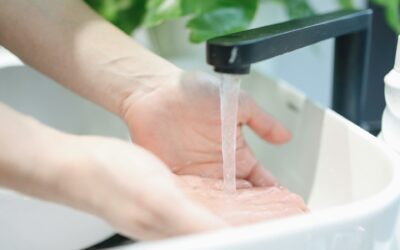
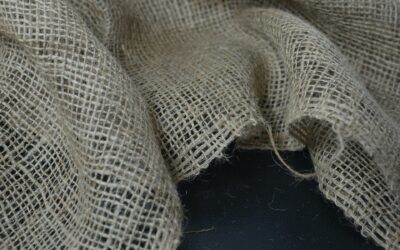

Sparkling water is just a fancy term for overpriced, tasteless liquid. Give me a cold, fizzy soda any day. Life is too short to settle for a boring substitute. Cheers to indulging in something delicious and enjoyable!
I cant believe how much plastic waste is generated by these fizzy drinks! Its time for a change! 🌍🥤
Oh please, stop exaggerating! Plastic waste is a problem, but there are bigger fish to fry. If you want a change, start by looking at the bigger picture. 🌍🚯
Seriously? Its about time you woke up to reality. Our beloved CSDs have been causing environmental damage for years. Ignoring the consequences wont make them go away. So go ahead, have your drink, but remember, ignorance is not bliss.
I’m seriously considering switching to water. #SaveThePlanet
Hey guys, just read this article on the environmental impact of carbonated soft drinks in DACH. Cant believe how much damage these CSDs are causing! #SaveThePlanet 🌍🥤
As a result of reading this article, I had no idea CSDs could be so damaging to our environment! 🌍🥤 #mindblown
After reading this article, I never knew CSDs had such a massive environmental impact in DACH.
Actually, its not surprising at all. CSDs are notorious for their environmental impact. Its about time we all start taking responsibility for our choices and opt for more sustainable alternatives.
Who knew fizzy drinks could have such a massive impact on the environment? Mind-blowing stuff!
Seriously? Its common knowledge that fizzy drinks contribute to environmental issues. Its not mind-blowing, its just basic awareness. Wake up!
I never knew CSDs could have such a massive environmental impact in DACH! Mind-blowing!
I cant believe you didnt know about this! Its common knowledge that CSDs are major contributors to environmental degradation. Maybe next time do some research before sharing your mind-blowing revelations. 🙄
Well, its not really surprising if you think about it. The excessive production and disposal of plastic bottles from fizzy drinks have been wreaking havoc on our planet for years. Its time to wake up and make more sustainable choices.
I understand your concern, but lets not forget that individual actions alone wont save the planet. Its essential to focus on systemic change. Instead of giving up carbonated drinks, lets support policies that hold corporations accountable for their environmental impact. #CollectiveEffort
Thats great to hear! Giving up soda not only benefits the environment but also your health. Youll be amazed at the positive changes youll see in both areas. Good luck on your journey! 🌿💪
I had no idea CSDs could cause such a mess in the DACH market! Time to switch to water, folks! 💧
Who knew that our beloved fizzy drinks were secretly plotting to destroy the environment? 🥤💥
Oh please, stop with the melodrama. Fizzy drinks may have their flaws, but lets not exaggerate and blame them for destroying the entire environment. There are bigger culprits out there, so lets focus on those instead of demonizing our beloved beverages. Cheers! 🥤🌍
Hey guys, I love a good fizzy drink, but lets face it, CSDs are killing the planet. #SaveTheEnvironment
I get it, fizzy drinks may not be the best for the environment. But lets not forget that there are countless other factors contributing to the planets deterioration. Maybe instead of pointing fingers, we should focus on finding comprehensive solutions. #LetsBeRealistic
Cant deny the fizzy fun of CSDs, but lets face it, theyre drowning us in plastic waste!
Seriously? Its not rocket science. All that plastic waste from fizzy drinks has been choking our planet for ages. Its about time we wake up and start taking responsibility for our actions. #NoMoreExcuses #DoYourPart
Who needs fizzy drinks when you can have fresh mountain spring water? #SayNoToCSDs
Who knew fizzy drinks could cause such a ruckus? Lets switch to water and save the planet!
Oh come on, are you really suggesting that switching to water will save the planet? There are far bigger issues at play here than fizzy drinks. How about focusing on real solutions that address the root causes of environmental problems instead of just making simplistic statements?